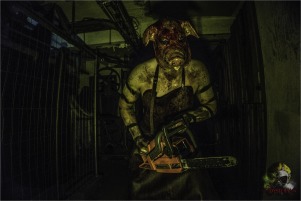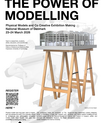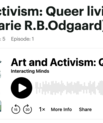Adrenaline junkies and white-knucklers: A quantitative study of fear management in haunted house visitors
Results from IMC seed funded project published in the journal Poetics

Abstract
We investigate approaches to horror entertainment from two common consumer stances: ‘the thrill-seeking stance’ in which adrenaline junkies seek maximal fear arousal and ‘the fear-avoidance stance’ in which so-called white-knucklers seek minimal fear arousal. Visitors of a haunted house attraction (n?=?280) were invited to focus on either maximizing or minimizing their fear. Open-ended participant interviews and questionnaire data were used to map how adrenaline junkies and white-knucklers regulate fear, and also how reported fear experience and consumer satisfaction compare across the two groups. A host of antecedent and response-focused strategies, including cognitive, behavioral, and social strategies, were used to up- and down-regulate fear arousal. Notably, the results reveal hitherto uncharted strategies employed by adrenaline junkies to support and maximize their fear experience. Although adrenaline junkies report stronger fear experiences than white-knucklers, consumer satisfaction remains relatively similar across the two groups, indicating that both stances can lead to satisfying consumer experiences. The study thus helps explain the paradoxical appeal of frightening entertainment by illuminating how consumers deliberately up- and down-regulate fear arousal in pursuit of the optimal experience.
Contact
Mathias Clasen, Associate Professor, School of Communication and Culture - Department of English
Marc Andersen, Postdoc, School of Culture and Society - Interacting Minds Centre
Uffe Schjødt, Associate Professor, School of Culture and Society, Department of the Study of Religion



